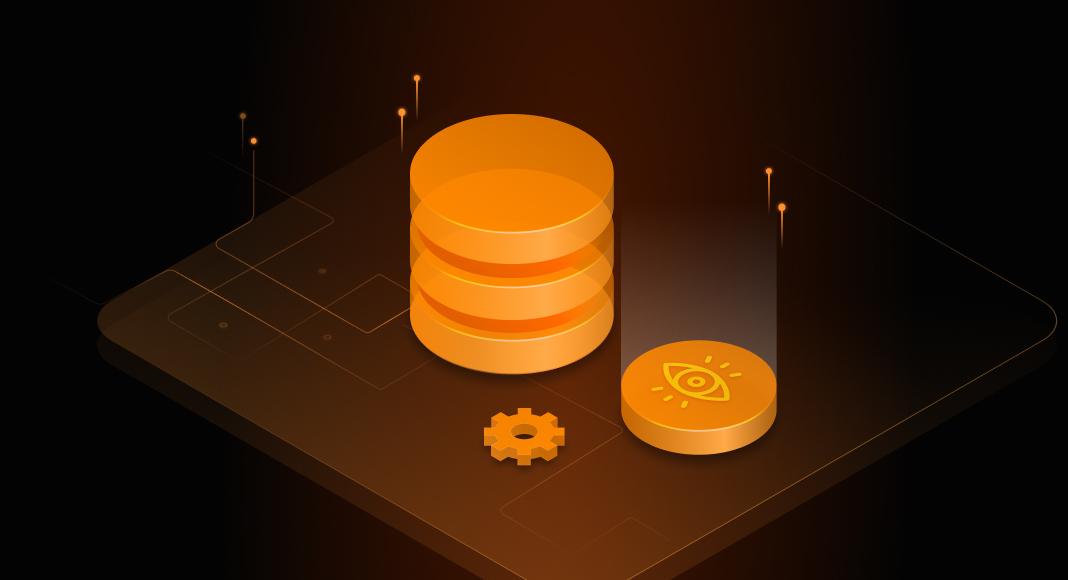ODAC for Delphi is a comprehensive set of components that allows Delphi developers to integrate Oracle database connectivity into their applications without too much hassle. In this article, we will explore how to install ODAC, its advantages, and some of its key features.
Installation
Here is a detailed description of how to install ODAC for Delphi:
- Download ODAC. Visit the official ODAC website to download the latest version of the components.
- Installation. Run the installer and follow the on-screen instructions. You can avoid performing ODAC uninstallation manually when upgrading to a new version by directing the ODAC installation program to overwrite previous versions.
- Configuration. After installing ODAC, you might need to configure it within Delphi. Start your Delphi IDE. You should see the ODAC components in the Tool Palette. If not, check the installation paths and ensure they match your Delphi installation. Use the ODAC components to establish a connection to your Oracle Database. This might involve configuring properties like the database name, username, and password.
- Validation. Verify the installation by creating a simple application that connects to an Oracle database using ODAC components.
Advantages
Among Oracle database tools, ODAC offers several advantages to Delphi developers:
- Direct Database Connectivity. Unlike the standard data acсess components, ODAC allows for direct database connectivity, which can simplify the development process and reduce overhead.
- Wide Coverage of Oracle Features. ODAC provides comprehensive support for Oracle’s functionality, allowing developers to utilize features like Oracle distributed transactions, statement caching, OCI pooling, and Oracle Advanced Queuing.
- Native Connection Options. ODAC offers direct connection to Oracle servers either through the OCI or over TCP/IP, facilitating easier deployment and potentially faster application performance.
- Cross-Platform Support. ODAC supports application development across different operating systems including Windows, macOS, Linux, iOS, and Android. This makes it a versatile choice for developers working in diverse environments.
- Optimized Code. The components are designed for efficient performance, which can lead to the development of more streamlined and faster database applications.
- Compatibility with Other Connectivity Methods. ODAC retains compatibility with traditional VCL data access components, allowing for easier migration of existing database applications to take advantage of Oracle-specific features.
- Performance. According to discussions on the Devart forum, the performance of ODAC is better or at least equal to that of standard data access components, based on feedback from the Devart community.
Key features
Let’s explore some of the key features of ODAC.
Encryption support
ODAC provides built-in support for data encryption, such as Oracle Advanced Security Transparent Data Encryption and SSL/TLS Encryption protocol encryption, allowing developers to secure sensitive data stored in Oracle databases. This feature ensures that data remains protected both at rest and in transit, helping organizations meet compliance requirements and safeguarding against security threats.
Batch operations
With ODAC, developers can perform batch DML operations efficiently, allowing them to execute multiple database operations in a single round-trip to the server. This feature helps improve application performance and reduces the overhead associated with individual database requests.
Advanced data handling
ODAC offers advanced data handling capabilities, including support for working with NUMBERs, TIMESTAMPs, large objects (LOBs), ARRAYs, OBJECT types, and etc. This feature empowers developers to work with complex data structures and manipulate data effectively within their applications.
Real-world applications and benefits
Here are three scenarios demonstrating how ODAC for Delphi can be used and the difference it can make.
Enterprise application development
Scenario. An enterprise needs to develop a robust business application that interacts with its Oracle database backend. The application must handle large volumes of data, support complex transactions, and ensure data security.
Use of ODAC. With ODAC, developers can integrate Oracle database connectivity into their Delphi applications. They can leverage ODAC’s high-performance components to efficiently query and manipulate data, reducing latency and improving overall application responsiveness. Additionally, ODAC’s encryption support ensures that sensitive business data remains secure, meeting the enterprise’s security requirements.
Difference. By using ODAC, the enterprise can develop a scalable and secure business application with faster data access and enhanced performance. The application can handle complex business logic and large datasets effectively, leading to improved productivity and user satisfaction.
Data analysis and reporting
Scenario. A financial institution needs to analyze its transaction data stored in an Oracle database and generate comprehensive reports for management and regulatory purposes.
Use of ODAC. Developers can use ODAC components to extract, transform, and analyze data from the Oracle database within their Delphi applications. ODAC’s support for advanced data handling, such as working with large objects and arrays, facilitates efficient data manipulation and analysis. Also, ODAC’s batch operations feature allows developers to optimize data retrieval and processing, speeding up report generation.
Difference. By leveraging ODAC, the financial institution can build powerful reporting tools that provide insights into its transaction data in real-time. The application can generate accurate and timely reports, enabling management to make informed decisions and ensuring compliance with regulatory requirements.
In these scenarios, using Oracle Data Access Components for Delphi enables developers to streamline database connectivity, enhance application performance, and deliver robust solutions that meet their projects’ specific requirements.
Conclusion
Oracle Data Access Components for Delphi provides developers with a powerful and versatile solution for integrating Oracle database connectivity into their Delphi applications. With its easy installation process, high performance, rich feature set, and comprehensive documentation, ODAC is the go-to choice for Delphi developers working with Oracle databases.


